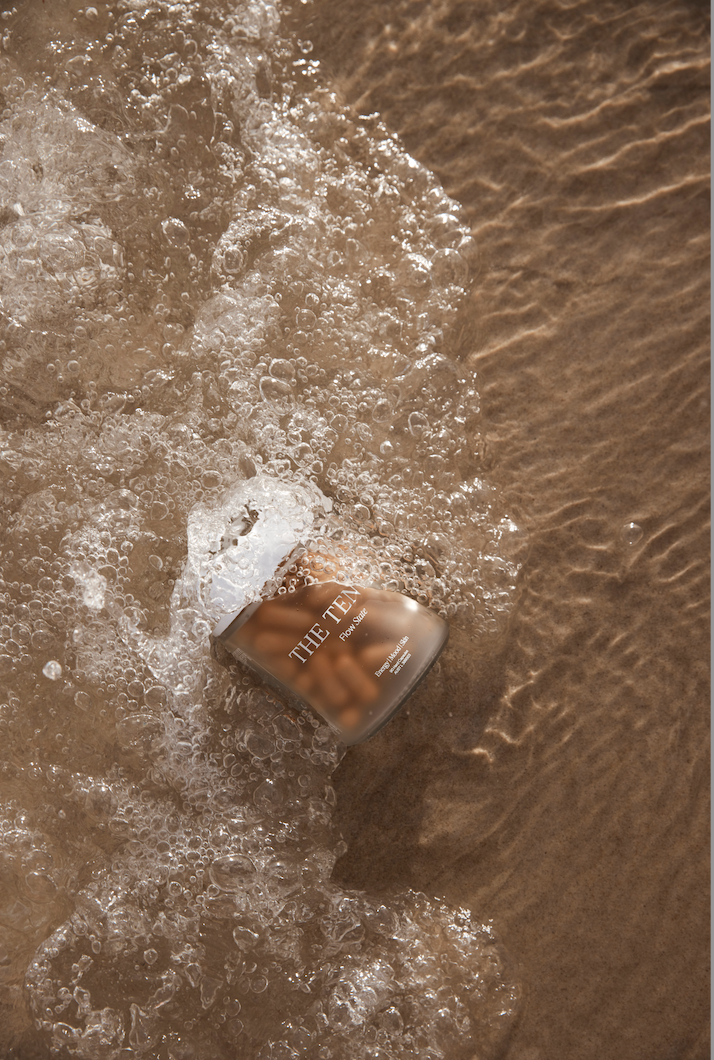Have you been feeling tired, run-down, or just not yourself lately? It could be a sign that your body is lacking an essential mineral - zinc. Zinc plays a crucial role in many bodily functions, and when you're feeling depleted, it's important to give your body the support it needs, especially in the postpartum. Dr Oscar Serrallach explains: “The placenta passes many nutrients to the growing baby during pregnancy, tapping into the mum’s “iron, zinc, vitamin B12, vitamin B9, iodine, and selenium stores". In this blog post, we'll explore why zinc is so important and how you can incorporate it into your daily routine to feel your best.
What is zinc and why is it important?
Zinc is a mineral that is essential for the proper functioning of our bodies. It is involved in over 300 enzymatic reactions and plays a key role in immune function, hormone health, protein synthesis, wound healing, and DNA synthesis. Zinc also acts as an antioxidant, helping to protect our cells from damage caused by free radicals. When you have Postnatal depletion, Zinc is one of the most important micronutrients you need to restore (from The Postnatal Depletion Cure by Dr Oscar Serrallach, p.57). In addition Zinc is required for the conversion of T4 to T3, so a deficiency in the mineral can result in a thyroid hormone imbalance. Zinc is an adaptogen for several key hormones, helping to rebalance inadequate or excess cortisol, estrogen and progesterone in women.
Signs of zinc deficiency
When your body is lacking zinc, it can manifest in a variety of ways. Some common signs of zinc deficiency include frequent cold, infections, slow wound healing (breakouts healing slow), problems with thyroid, hair loss, loss of appetite, and changes in taste and smell. If you're experiencing any of these symptoms, it may be worth considering whether you're getting enough zinc in your diet.
How to incorporate more zinc into your diet
Fortunately, there are many delicious foods that are rich in zinc. Some of the best sources include oysters, beef, lamb, pumpkin seeds, and spinach. If you're a vegetarian or vegan, you can still get your daily dose of zinc from plant-based sources such as legumes, nuts, and whole grains or a good quality supplement like The Tenth Co Flow State.
Supplementing with zinc
In some cases, it may be necessary to supplement with zinc to ensure you're getting enough. Zinc supplements are available in various forms, including tablets, capsules, and liquid. It's important to follow the recommended dosage and consult with a healthcare professional before starting any new supplement regimen.
Final thoughts
Zinc is an important mineral that plays a vital role in our overall health and well-being. When you're feeling depleted, it's crucial to give your body the support it needs. Whether through dietary changes or supplementation, incorporating more zinc into your routine can help you feel your best. Remember to listen to your body and consult with a healthcare professional if you have any concerns.

